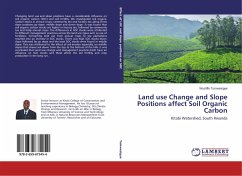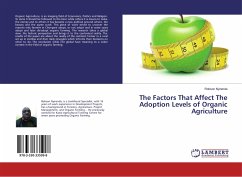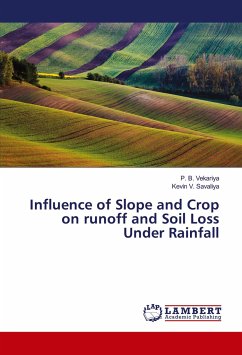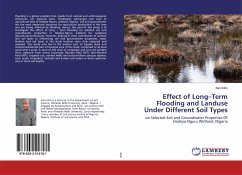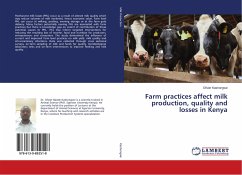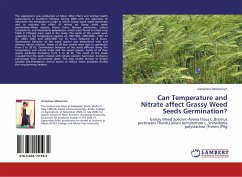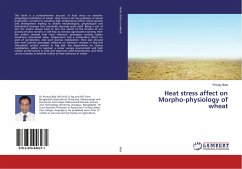Changing land use and slope positions have a considerable influence on soil organic carbon (SOC) and soil fertility. We investigated soil organic carbon stocks in annual crops, community tea and factory tea along three slope positions:up slope, middle slope and down slope. It was found that soil organic carbon stocks are higher in factory tea, followed by community tea and lastly annual crops. The differences in SOC stocks were attributed to different management practices across the land use types such as use of fertilizers. Converting land use from annual crops to tea plantations resulted into an increase in SOC stocks. There was high SOC stocks down slope followed by up slope and the least SOC stocks were found in middle slope. This was attributed to the effect of soil erosion especially, on middle slopes that draws soil down from the top to the bottom of the hills. It was concluded that Land use change and management practices both have an influence on SOC stocks and these affect the soil fertility and crop production in the long run.

